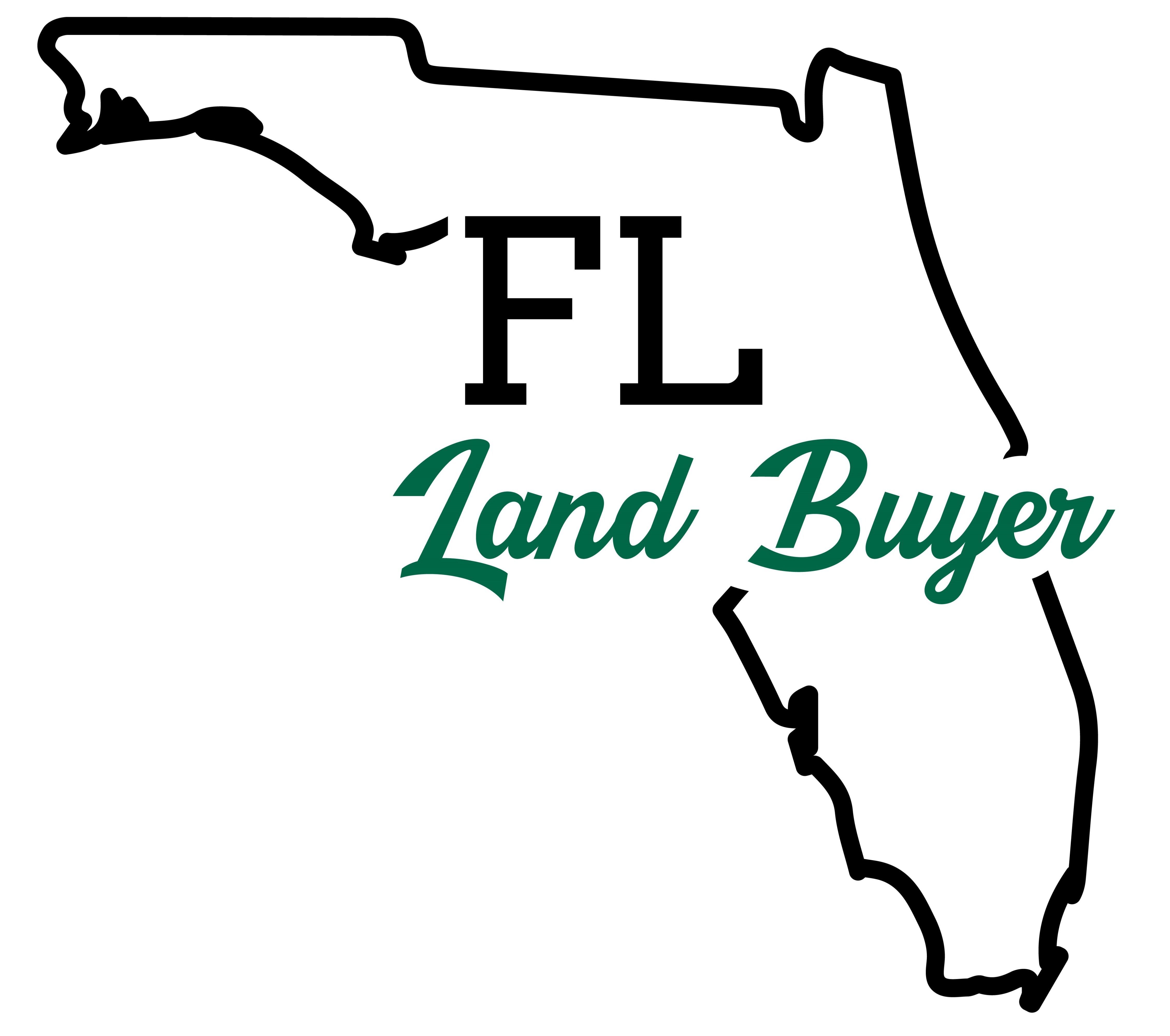
The answer to the often-asked question “Can land be sold while in probate in Florida?” is “Yes.”
The sale of land during the probate process in Florida is a topic that often arises in estate management and inheritance discussions. Probate is a legal procedure where a will is reviewed to determine whether it is valid and authentic. In cases where land is part of an estate, selling it while in probate can be complex and requires careful consideration. This essay will explore whether land can be sold during probate in Florida and the top 3 things to consider in such situations.
Can Land Be Sold While In Probate In Florida? Consider These 3 Things
1. Legal Authority and Approval
The first and foremost consideration in selling land during probate is determining who has the legal authority to make the sale and obtaining the necessary approvals. In Florida, the executor or personal representative of the estate, as appointed in the will or by the court, is typically responsible for managing the estate’s assets, including any land. However, the sale of land during probate often requires approval from the probate court.
The executor must petition the court to seek permission to sell the property. This process involves providing a valid reason for the sale, such as the need to pay off debts or divide the estate among beneficiaries. The court then reviews the petition and, if it finds the sale to be in the best interest of the estate and its beneficiaries, will grant permission. This step is crucial as it ensures that the sale is legally sanctioned and protects the executor from future disputes or legal challenges regarding the sale.
2. Fair Market Value and Estate Interests
Ensuring that the land is sold at fair market value is the second major consideration. The executor has a fiduciary duty to the beneficiaries of the estate, which includes getting the best possible price for any estate assets sold. This often involves having the property appraised to determine its current market value. The appraisal serves as a benchmark for evaluating offers and negotiating sales terms.
Selling land below its market value can lead to legal issues, especially if beneficiaries feel that the estate has not been managed in their best interest. Furthermore, selling at or above market value helps in fulfilling the executor’s responsibility of maintaining or enhancing the value of the estate for the beneficiaries.
3. Impact on Beneficiaries and Estate Settlement
The third consideration is the impact of the sale on the beneficiaries and the overall settlement of the estate. The executor needs to consider how the sale of the land will affect the distribution of assets among the beneficiaries. For instance, if one beneficiary was meant to inherit the land specifically, selling it would necessitate a reevaluation of that beneficiary’s share of the estate.
Moreover, the proceeds from the sale of land during probate can be used to settle debts and liabilities of the estate. This is often a primary reason for selling property during probate. The executor must ensure that the sale aligns with the estate’s financial obligations and facilitates a smoother settlement process.
Conclusion
In conclusion, selling land during probate in Florida is permissible but requires careful consideration of legal authority and approval, ensuring fair market value, and understanding the impact on beneficiaries and estate settlement. Executors should approach this process with diligence and, where necessary, seek guidance from legal professionals specializing in estate law. By doing so, they can ensure that the sale is conducted legally, ethically, and in the best interests of the estate and its beneficiaries.

